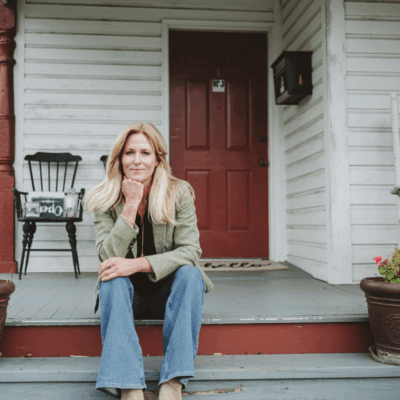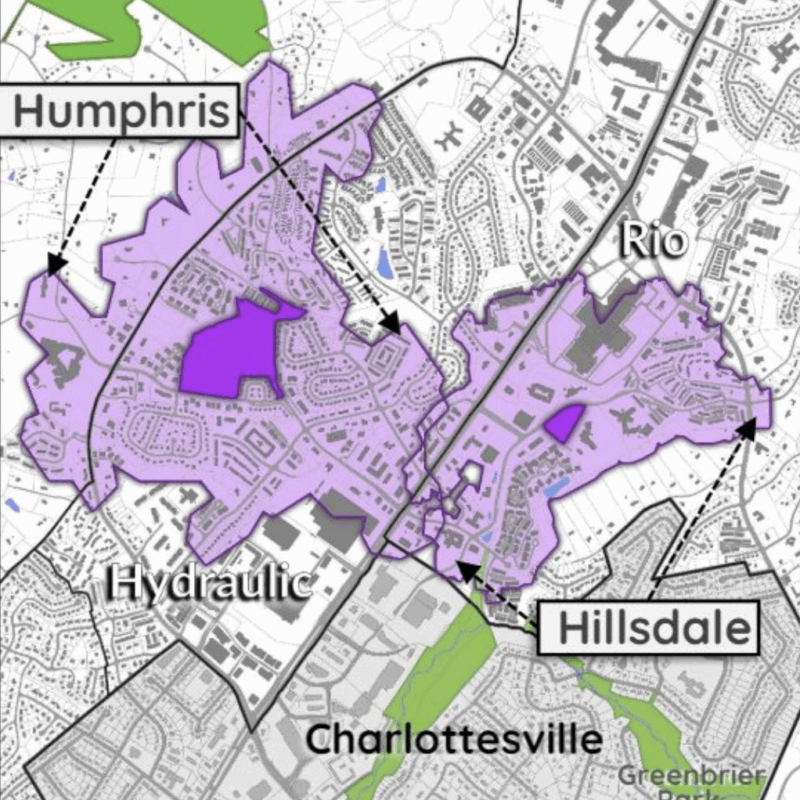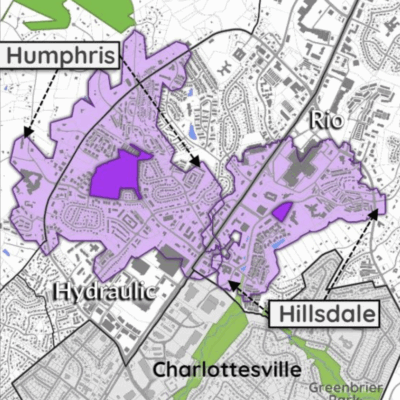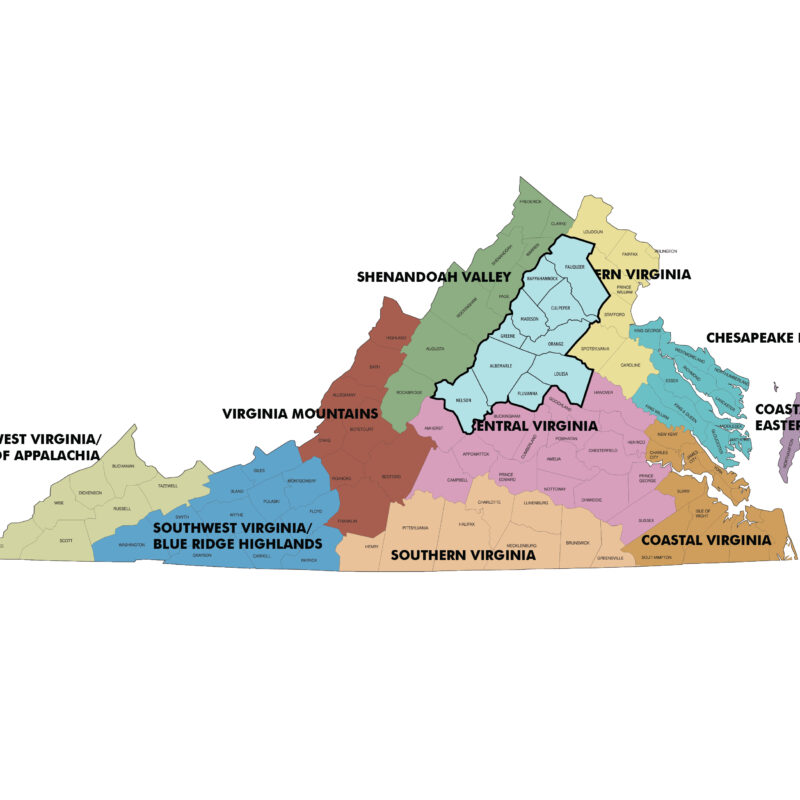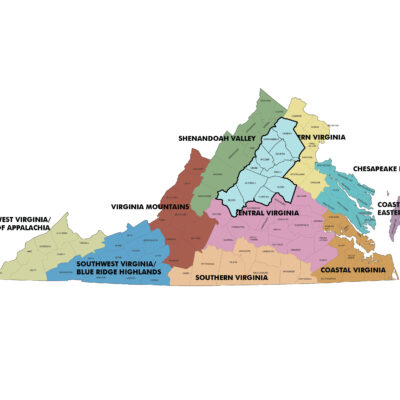David Slutzky pins the conception of a local transferable development rights (TDR) plan to an April lunch at Lord Hardwicke’s. Phasing, the primary effort to preserve the rural areas of Albemarle County then on the table, was clearly dying on the vine. So he turned first to a group with “a dog in the fight” that had been among the most vociferous against phasing: the local Farm Bureau.

Albemarle County Supervisor David Slutzky says, "I’m willing to sacrifice 1 percent of the county…if the political outcome is we’ve just protected 94 percent of the county."
|
Slutzky remembers the conversation with former Farm Bureau president A.C. Shackelford, a lifelong county resident and cattle farmer, more or less like this:
Slutzky: “The most important thing on my mind is protecting the rural area. How about you?”
Shackelford: “Funny you should say that. It’s the second most important thing on my mind.”
Slutzky: “What’s the first?”
Shackelford: “Protecting my wealth. I’m not a wealthy man but I own rural land.”
Slutzky (after discussing what rural area preservation means and the basics of TDR): “What if I could find a way to have a legitimate market demand for your development rights, would you be willing to support it?”
Shackelford: “Let’s do it.”
The basics of a transferable development rights program are that, in exchange for rural area downzoning, a landowner in the rural area could sell his development right to a developer to use in an expanded growth area, thus clustering growth near existing infrastructure and preserving open space. To hammer out a more specific plan, Slutzky met with a multitude of local stakeholders, from groups like the Piedmont Environmental Council and the Citizens for Albemarle to individual developers like Frank Stoner and Charles Rotgin.
Yet at the first public discussion of TDR on December 6, the idea was almost aborted. As soon as discussion start-ed at the Board of Supervisors (www.albemarle.org) meeting, Chairman Dennis Rooker attacked several aspects, including the portion particularly controversial with slow-growthers: increasing the “growth areas” of the county to encompass 6 percent, rather than 5 percent, of Albemarle land.
With conflicting numbers of development rights and acreage volleyed around the room, other supervisors had little to say. Lindsay Dorrier was afraid the plan is too complicated and Sally Thomas was afraid it’s a “fool’s errand” after the failures of phasing.
The board would not vote to have County staff work on a more detailed report, but Slutzky says he will bring the idea back to the table at the December 13 meeting.

